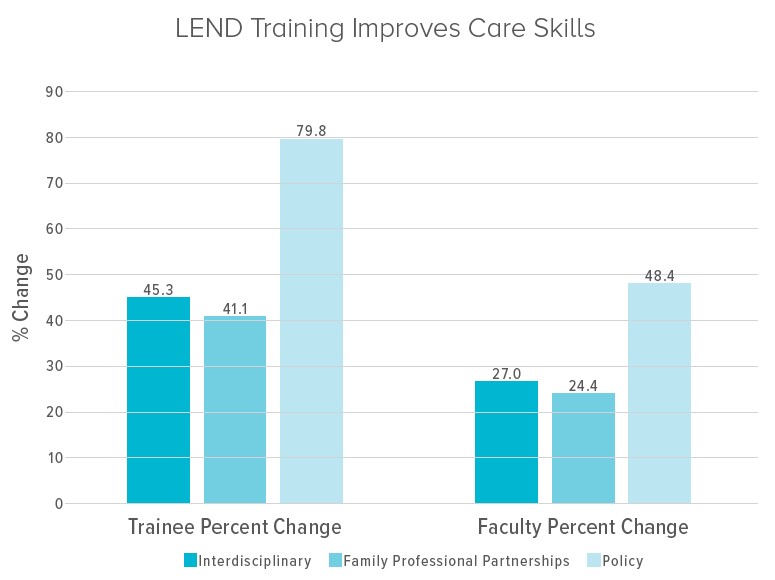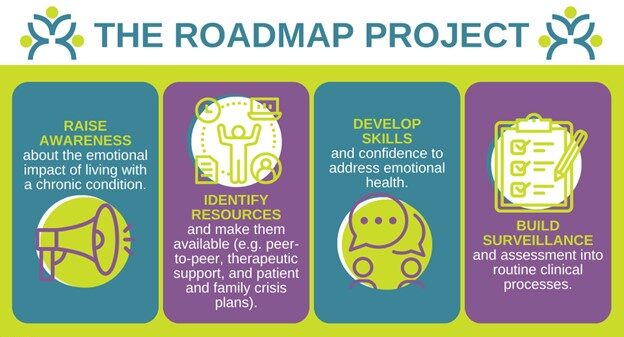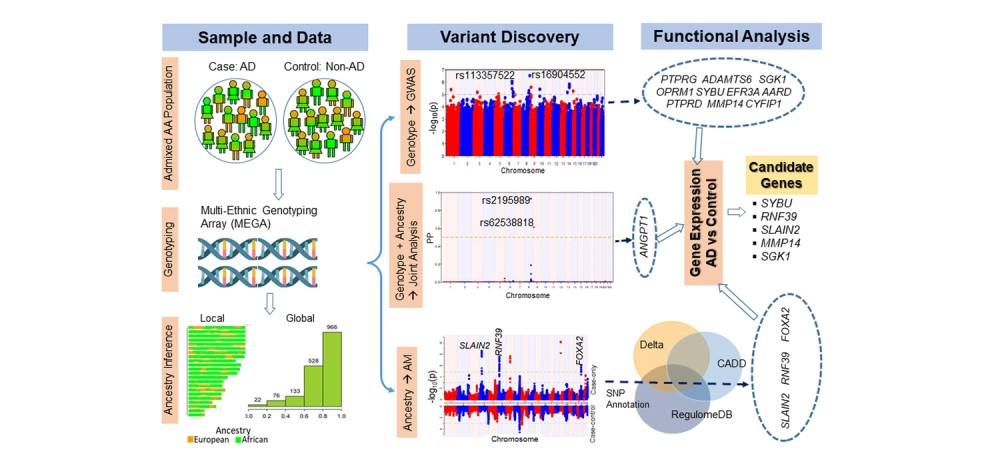Quality Improvement Network Boosts Training in Developmental Disabilities
Research By: Jennifer D. Smith, PsyD, BCBA-D | Nichole Nidey, PhD
Post Date: December 1, 2022 | Publish Date: Dec. 1, 2022
Developmental and Behavioral Pediatrics | Top Scientific Achievement


Children with developmental disabilities, such as autism spectrum disorder (ASD), often require complex and multidisciplinary care. Yet the supply of highly qualified care providers is limited.
To address this need, federally funded Leadership Education in Neurodevelopmental and related Disabilities (LEND) programs have been established across the United States, including one at Cincinnati Children’s. These programs provide comprehensive and interdisciplinary training to pediatric professionals from various disciplines involved in the diagnosis, treatment and support of children with ASD and developmental disabilities.
Since 2016, a quality improvement network has measured variations among 22 participating programs to identify best practices in building knowledge and skills. A review based on five years of data was led by first authors Jennifer Smith, PsyD, BCBA-D, and Nichole Nidey, PhD, both with the LEND program at Cincinnati Children’s Division of Developmental and Behavioral Pediatrics.

The study shows significant improvements in trainees’ knowledge, skills and attitudes in three key competency do- mains: Interdisciplinary or Interprofessional Team Building, Family-Professional Partnerships, and Policy. Both self-report and faculty observation scores showed positive changes.
“These findings highlight the value of LEND programs and showcase the feasibility of a national quality improvement approach to evaluate interdisciplinary training and systems-level enhancements in the care of children with ASD and developmental disabilities,” Nidey says.
The study’s senior author was Jeffrey Brosco, MD, PhD, of the University of Miami in Florida. Co-authors included experts from the Maryland-based Association of University Centers on Disabilities, University of Wisconsin- Madison, Nazareth College in Rochester, NY, the University of Alabama at Birmingham, Indiana University School of Medicine, Medical University of South Carolina, The Ohio State University, and the University of Tennessee.
More 2023 Research Highlights
Chosen by the Division of Developmental and Behavioral Pediatrics
Fisher AP, Lynch JD, Jacquez FM, Mitchell MJ, Kamimura-Nishimura KI, Wade SL. A systematic review examining caregivers’ of color experiences with the diagnostic process of autism spectrum disorder. Autism. 2023;27(4):876-889. doi:10.1177/13623613221128171
Trairatvorakul P, Meinzen-Derr J, Heydarian H, Mason K, Anixt JS. Stimulant Medication Treatment in Children with Congenital Heart Disease and Attention-Deficit/Hyperactivity Disorder: Cardiovascular Outcomes. J Dev Behav Pediatr. 2023;44(4):e247-e254. doi:10.1097/DBP.0000000000001187
Lineberry S, Bogenschutz M, Dinora P, Ayers K. The Role of Information and Knowledge in COVID-19 Vaccination Among People With Intellectual and Developmental Disabilities and Their Families. Intellect Dev Disabil. 2023;61(1):16-30. doi:10.1352/1934-9556-61.1.16
Conrad C, Cerda N, Harstad E. Parent-Reported Problems Accessing Mental Health Services Among a National Sample of Youth with Autism Spectrum Disorder and Anxiety. J Dev Behav Pediatr. 2022;43(6):320-326. doi:10.1097/DBP.0000000000001062
Kamimura-Nishimura K, Bush H, Amaya de Lopez P, et al. Understanding Barriers and Facilitators of Attention-Deficit/Hyperactivity Disorder Treatment Initiation and Adherence in Black and Latinx Children. Acad Pediatr. 2023;23(6):1175-1186. doi:10.1016/j.acap.2023.03.014
View more discoveries from 50 research divisions and areas
Return to the 2023 Research Annual Report main features
| Original title: | A Quality Improvement Network for Interdisciplinary Training in Developmental Disabilities |
| Published in: | Pediatrics |
| Publish date: | Dec. 1, 2022 |







